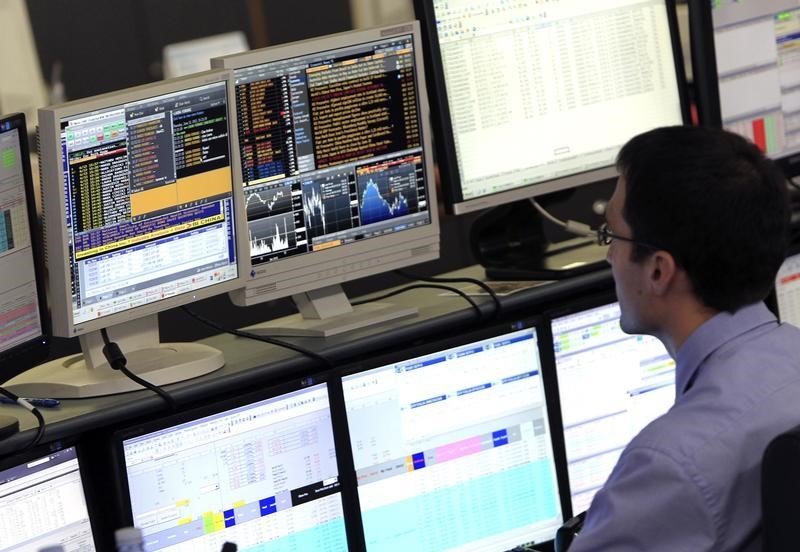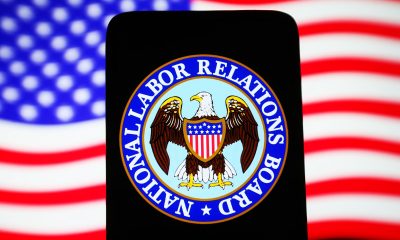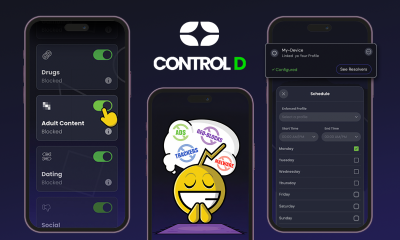Investing
Immunovant secures patent for autoimmune disease antibody

© Reuters.
NEW YORK – Immunovant, Inc. (NASDAQ:), a clinical-stage immunology company, has been granted a U.S. patent for its second-generation antibody, IMVT-1402, which targets autoimmune diseases. The U.S. Patent and Trademark Office issued Patent No. 11,926,669 with claims that include the composition of matter for the binding sequence of IMVT-1402 to the neonatal fragment crystallizable receptor (FcRn), its method of use in treating autoimmune diseases, and manufacturing methods.
The patent is set to expire on June 23, 2043, without accounting for any potential patent term extensions.
IMVT-1402, developed from HanAll Biopharma’s antibody discovery efforts, has shown promise in a Phase 1 clinical trial involving healthy adults. The trial’s initial results indicated a significant immunoglobulin G (IgG) reduction comparable to batoclimab, another antibody in the same class, but without notable changes in serum albumin and LDL cholesterol levels. Immunovant suggests that weekly administration of IMVT-1402 could maintain consistent IgG reductions, which may be crucial for sustained efficacy in patients.
The company’s focus is on advancing therapies for the treatment of autoimmune diseases, aiming to improve the quality of life for affected individuals. However, it is important to note that early clinical trial results may not always be indicative of final outcomes, and further studies are required to confirm the safety and effectiveness of IMVT-1402.
Immunovant’s progress in the development of IMVT-1402 and its patent acquisition represent steps forward in its quest to address the complex needs of people with autoimmune conditions. Nonetheless, the company acknowledges the inherent uncertainties and risks associated with drug development, including the need for additional capital and the challenges of navigating the regulatory landscape.
This news is based on a press release statement from Immunovant, Inc. Investors and stakeholders are reminded that forward-looking statements are subject to various risks and uncertainties that could cause actual results to differ materially from expectations.
This article was generated with the support of AI and reviewed by an editor. For more information see our T&C.
Read the full article here

-

 Personal Finance6 days ago
Personal Finance6 days agoGas prices drop as demand for driving fizzles out: AAA
-

 Investing6 days ago
Investing6 days agoCrowdstrike CEO Responds to Causing Largest IT Outage in History
-

 Side Hustles6 days ago
Side Hustles6 days agoHow to Build A Startup, From an Early Lyft, Twitch Investor
-

 Passive Income6 days ago
Passive Income6 days agoThe Top 5 AI Tools That Can Revolutionize Your Workflow and Boost Productivity
-

 Passive Income4 days ago
Passive Income4 days agoNLRB Drops Expanded Joint Employer Appeal
-

 Side Hustles6 days ago
Side Hustles6 days agoJake Paul: Mindset Hacks, Mike Tyson Fight, Embracing Fear
-

 Investing7 days ago
Investing7 days agoBoeing to supply E-7 in first major win since plea deal By Reuters
-

 Side Hustles5 days ago
Side Hustles5 days ago10 Effective Growth Marketing Strategies for Your Startup


















